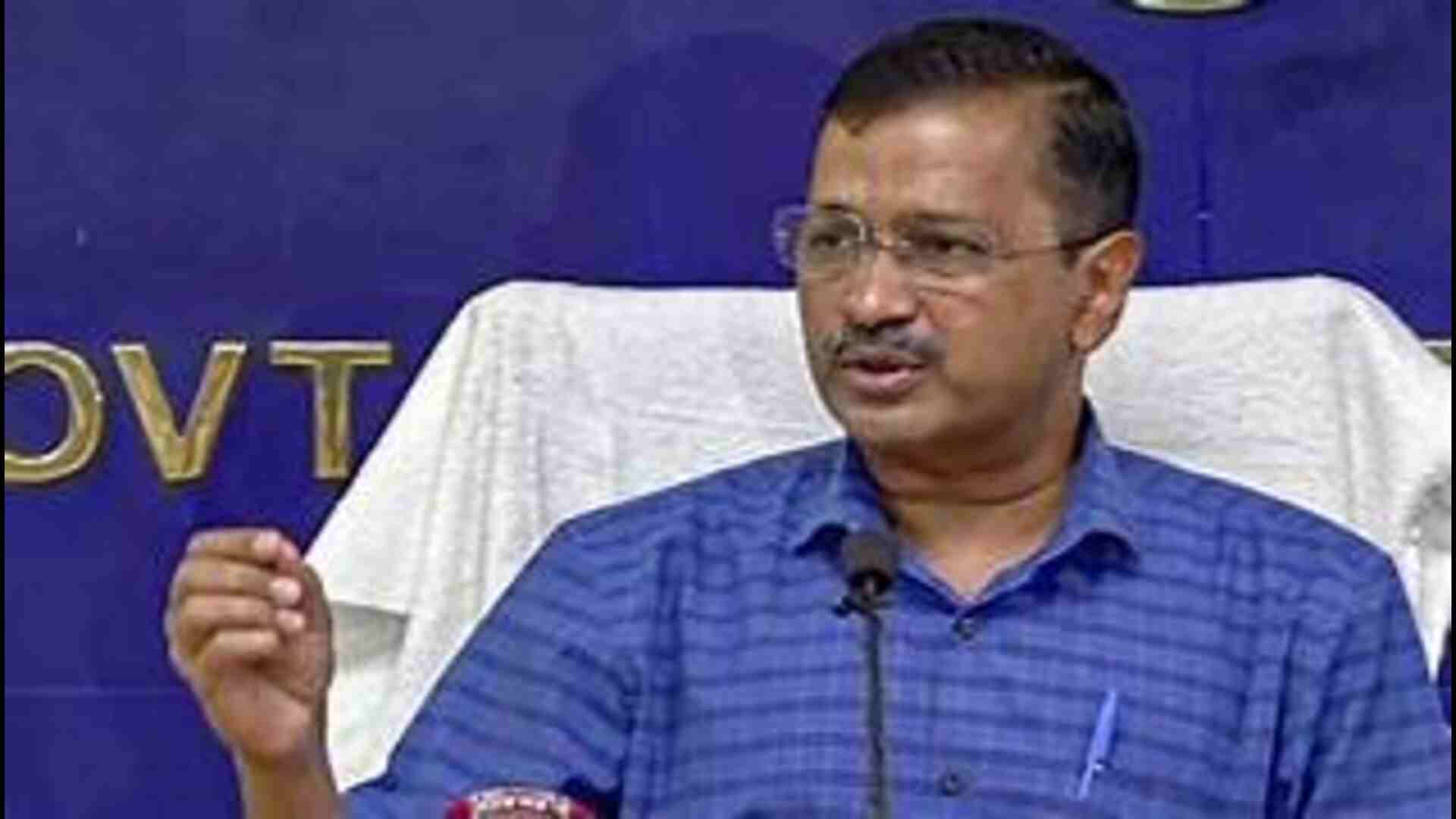A lot of people like to believe that they are honest, as they do not tell lies or cheat anyone. But are we completely honest, in everything?
One who is fully honest will be so with themselves, with others, and in whatever they do. They will do everything at the right time, in the right manner. As a result, their lives go on smoothly and easily, with no complications. They do not have to think, “Is this right or wrong?” because it is clear to them. Others, whose intellect is clouded by doubt that is rooted in fear, attachment, or some other weakness, often have to think many times before doing something, and this consumes a considerable amount of their time and energy. Some think too much and get tired. Why do they get tired? Because instead of simply doing what they know is right, they complicate matters by bringing in their own ideas that may be motivated by some fear or desire. They leave the straight and clear path, the easy path, for a crooked path. How far can we go on a crooked path, and at what speed?
Another sign of honesty is not wasting any resources – not just material resources, but also our time and talents. The smallest unit of time is said to be a second, but an even smaller, and subtler, measure of time is a thought. In a second, we may have several thoughts, and if we get carried away in a train of waste thoughts, we lose track of the time that goes by. Saving time begins with controlling our thoughts.
Then, if we have some knowledge, talent, or virtue, but do not put it to use, that too is a waste. Knowledge can be wasted in two ways – we do not learn what someone is teaching us, due to carelessness, or we fail to productively use what we know.
We can check if we are using our other resources in a worthwhile way. If I have enough money, am I putting it to good use, or is it just lying around or being spent negligently? If I have power or influence in my community, how am I using it—just to feel important or to help others?
The sign of an honest soul is that they use their resources and thereby enrich themselves and help others. The way to increase something is to put it to good use. That brings satisfaction, the good wishes of others, and the desire to learn more and do more. In this way, we create a cycle of goodness. If we do not use what we have, we will either lose it or fail to realise the full value of what we have.
An honest soul is one who does not waste anything. Our body, mind, and material resources are all meant to be used for our own benefit and that of others. Everything is given to us in trust by destiny. Honesty means never to misuse anything given to us in trust. To waste something is to misuse it. Sometimes, when we make a mistake, we think, “I did not do it on purpose, it just happened.” Just to let it happen is carelessness, which leads to waste.
Everyone loves and trusts an honest person. We can check to what extent we have become worthy of such love and trust. Some people say, “I am good, but they don’t trust me.” All that is needed is honesty in the heart and honesty in the head. Then, in good time, trust will develop. Where there is truth, we become worthy of trust.
B.K. Sheilu is a Rajyoga teacher at the Brahma Kumaris headquarters in Mount Abu, Rajasthan.







